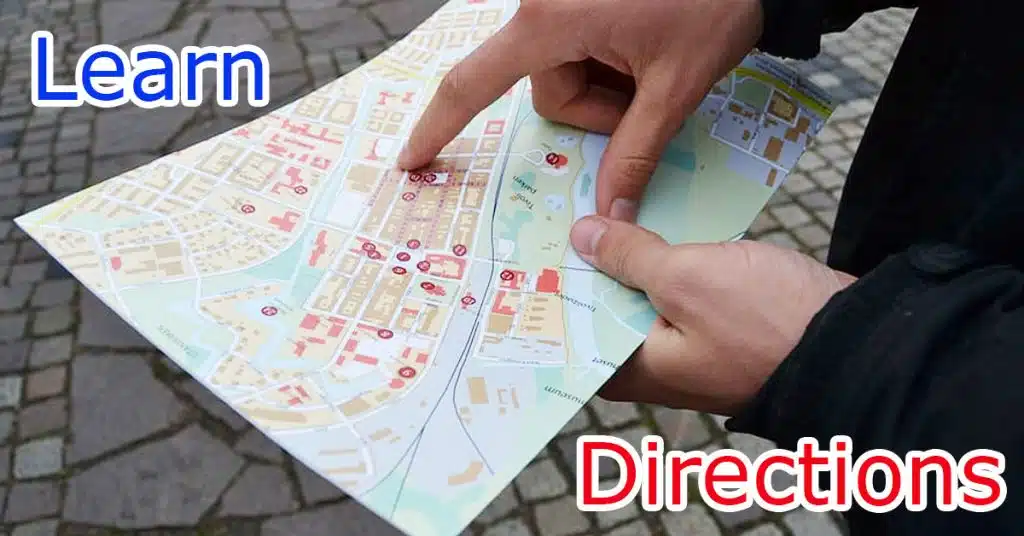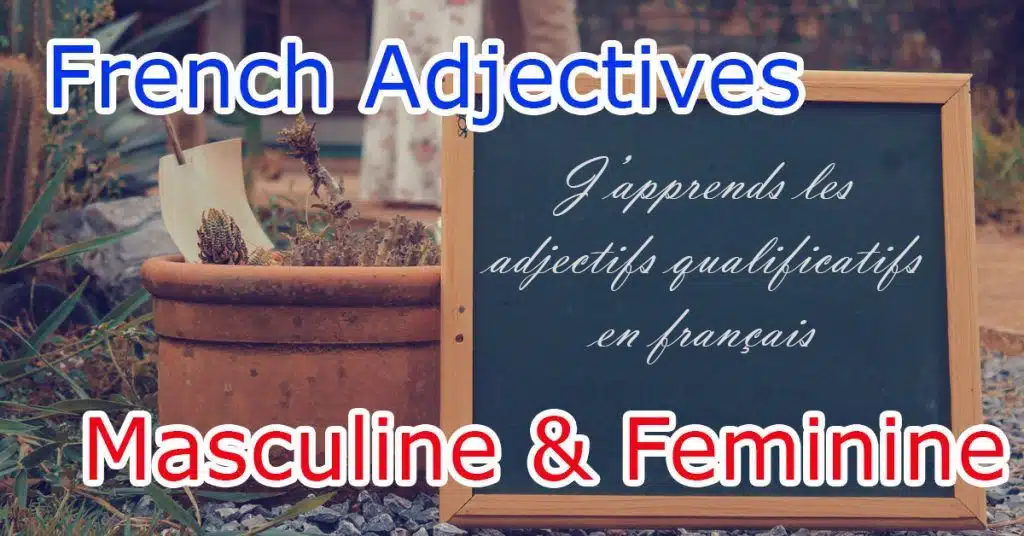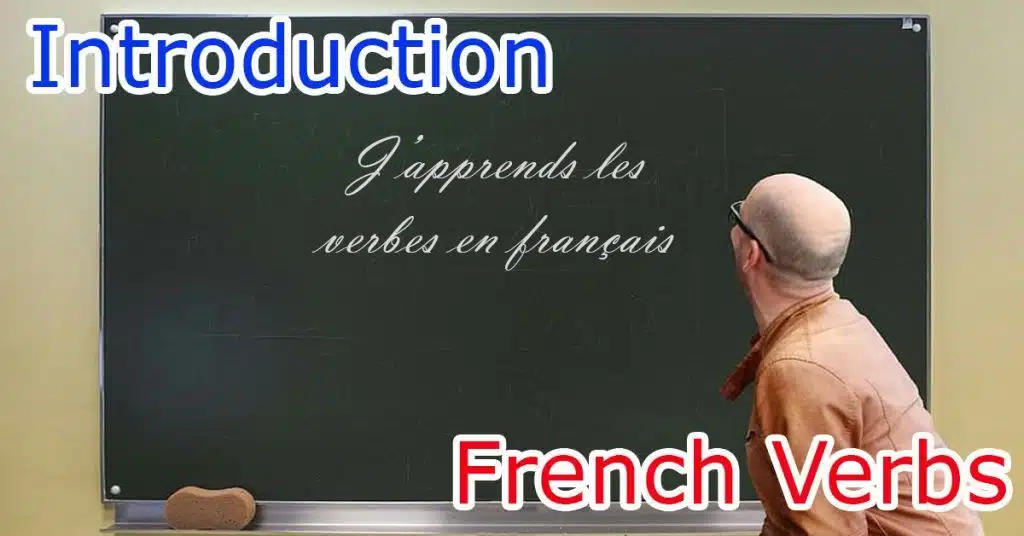French Sentences for Beginners: A Comprehensive List of 50+ Phrases
In this comprehensive lesson, you’ll find a list of common French phrases to help improve your basic conversation level in the French language. Learning a new language can be challenging, but with consistent practice, you can achieve fluency. To build your vocabulary, try to learn a few basic sentences or words each day.
In the French sentence examples provided, we use casual language with the pronoun “tu” (you). If you’re looking to use formal language, simply replace “tu” with “vous” (you). Additionally, we’ll cover the nuances of using formal and informal language in French conversation and provide examples for when to use “tu” and “vous” in different situations.
For example, when speaking to a stranger who is older or in a position of authority, it’s best to use “vous.” However, if you’re speaking to someone who is much younger or someone you’re already familiar with, such as a family member or friend, you can drop the formal “vous” and use “tu” instead.
Examples of common French phrases include:
Comment vas-tu ? (informal) – Comment allez-vous ? (formal) = How are you?
Quel âge as-tu ? (informal) – Quel âge avez-vous ?(formal) = How old are you?
Note: “vous” is also used when speaking to a group of people. For example, when you meet three friends on the street and you ask them: How is it going? You will then say: Comment allez-vous ?
When learning French, it’s important to practice regularly in order to build up your vocabulary. One effective way to do this is by committing to learning a few basic sentences or words each day. This consistent approach will help you gradually acquire new vocabulary and improve your overall understanding of the language. Remember, mastering a new language takes time and patience, but with regular practice, you’ll see progress and be able to communicate more effectively in French.
| French | English |
| Bonjour, je m’appelle… | Hello my name is… |
| Bonjour, je m’appelle Martin. | Hello, my name is Martin. |
| Ravi de te rencontrer.
(spelling if you are a male) |
Nice to meet you. |
| Ravie de te rencontrer.
(spelling if you are a female) |
Nice to meet you. |
| Ravi de te rencontrer aussi.
(spelling if you are a male) |
Nice to meet you too. |
| Ravie de te rencontrer aussi.
(spelling if you are a female) |
Nice to meet you too. |
| Comment vas-tu ? | How are you? |
| Je vais bien et toi ? | I am fine and you? |
| Ça va bien merci. | I am fine, thank you. |
| Quel âge as-tu ? | How old are you? |
| J’ai 23 ans, et toi ? | I am 23, and you ? |
| J’ai 26 ans. | I’m 26 years old. |
| D’où viens-tu ? | Where are you from? |
| Je viens d’Angleterre. | I come from England. |
| De quelle ville ? | From which city? |
| Je viens de Londres. | I’m from London. |
| Et toi, d’où viens-tu ? | And you, where are you from? |
| Je suis français et je viens de Paris. | I am French and I come from Paris. |
| De quelle nationalité es-tu ? | What is your nationality? |
| Je suis anglais.
(male speaker) |
I am English. |
| Je suis anglaise.
(female speaker) |
I am English. |
| Quel est ton travail ? | What is your job? |
| Je suis professeur d’histoire. | I’m a history teacher. |
| Es-tu célibataire? | Are you single? |
| Veux-tu manger avec moi ? | Do you want to eat with me? |
| Quelle est ta nourriture préférée ? | What is your favorite food? |
| J’aime manger japonais. | I like to eat Japanese food. |
| J’adore les sushis. | I love sushis. |
| Quel est ton fruit préféré ? | What’s your favorite fruit? |
| J’aime manger de la pastèque. | I like to eat watermelon. |
| Quel est ton film préféré ? | What is your favorite movie? |
| Quelle est ta série préférée? | What is your favorite series? |
| Quel genre de musique aimes-tu ? | What kind of music do you like? |
| J’aime la musique pop. | I like pop music. |
| Quel sport aimes-tu ? | What sports do you like? |
| J’aime jouer au basket. | I like playing basketball. |
| Combien de langues sais-tu parler ? | How many languages can you speak? |
| Je parle anglais et allemand. | I speak English and German. |
| Peux-tu traduire cela pour moi ? | Can you translate this for me? |
| Comment ce mot se prononce-t-il en français ? | How is this word pronounced in French? |
| Combien ça coûte ? | How much does it cost? |
| Ces chaussures coûtent 50 euros. | These shoes cost 50 euros. |
| Peux-tu baisser le prix ? | Can you lower the price? |
| Que recherches-tu ? | What are you looking for? |
| Je cherche un pantalon. | I’m looking for pants. |
| Puis-je essayer ? | Can I try? |
| Attends une minute. | Wait a minute. |
| Excuse-moi. | Excuse me. |
| Je suis désolé.
(spelling if you are a male) |
I am sorry. |
| Je suis désolée.
(spelling if you are a female) |
I am sorry. |
| Peux-tu m’aider ? | Can you help me? |
| Merci pour tout. | Thank you for everything. |
| Quels sont tes loisirs ? | What are your hobbies? |
| J’aime apprendre de nouvelles langues. | I like to learn new languages. |
| J’aime lire. | I like to read. |
| J’aime la photographie. | I like photography. |
| J’aime voyager. | I like to travel. |
| Bon voyage ! | Have a nice trip! |
We hope these French sentences with English translation help you to learn new words. Don’t forget to check out all our lessons.
You can also watch our video to learn basic sentences in French :
Want to improve your French conversation skills? Check out our post on “French conversation – Everyday dialogues”! This post is filled with practical examples of common everyday dialogues in French, which will help you to understand and use the language in real-life situations. You will be able to learn how to hold a conversation in French, from asking for directions to making plans with friends, and much more.




I really enjoyed this .
This can even help a lot of beginners